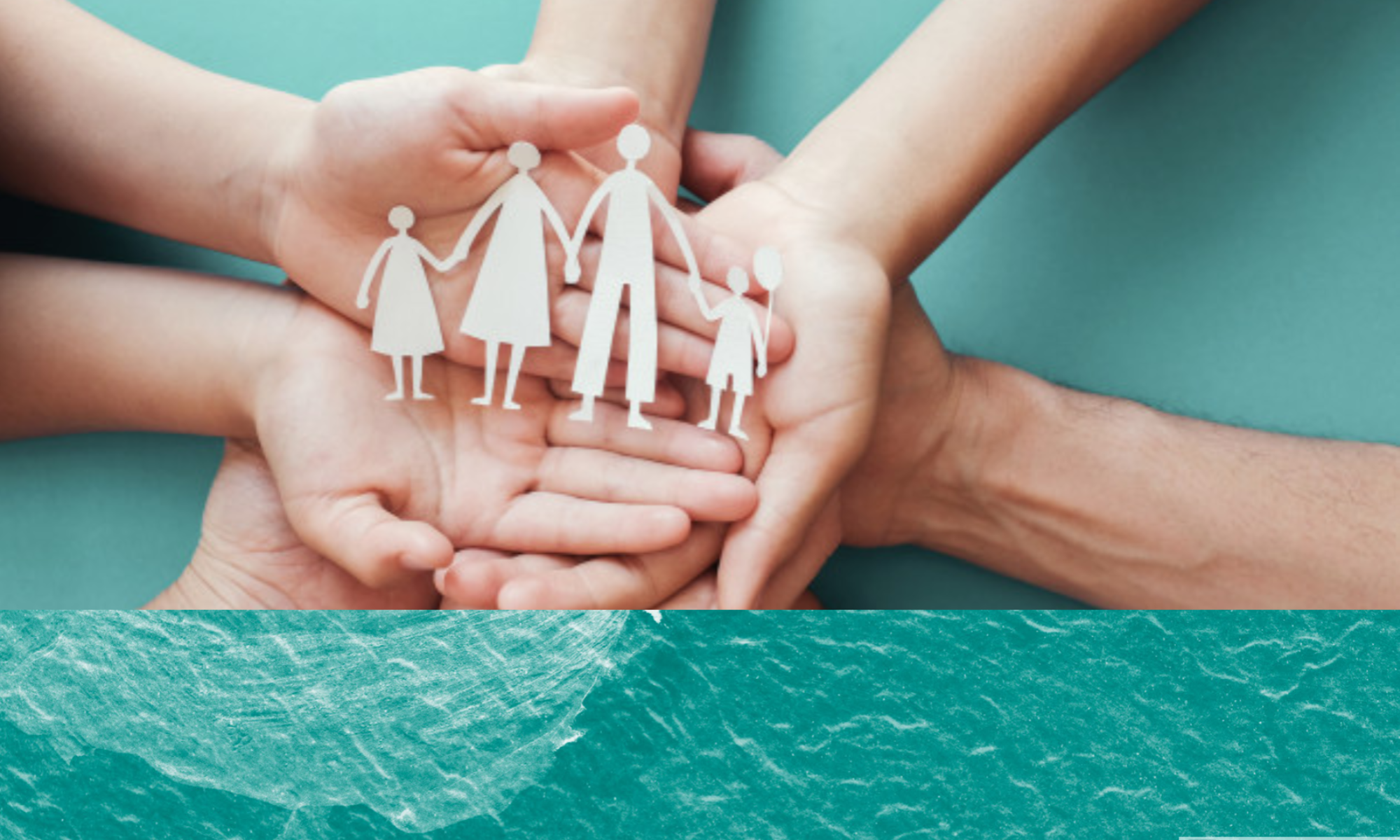The Advocacy Center for Children has training is available completely free of charge to organizations as part of our child abuse prevention program in Galveston County. We here at The Advocacy Center for Children believe that all children and adults who serve children should be equipped with the tools to prevent child abuse and, in the tragic event that child abuse has occurred, that both adults and children should be armed with the knowledge of how to report it to prevent revictimization so that the healing can begin.
- For children we use curriculum from ” Happy Bear” for Pre K3- Kindergarten age children and have adapted the “Play It Safe!” program to 1st Grade-8th Grade.
- For staff including administrators, teachers and anyone who serves children in any capacity we provide Mandatory Reporting Training.
- For parents or caregivers, The Advocacy Center and the school could consider holding a parent preview one week before the student presentation to increase understanding of the topic, address concerns and encourage communication within the family about abuse. If they wish, families can read the script and preview the movie for their child’s grade level, and ask questions. Some schools distribute a passive permission slip/non permission slip for parents/caregivers one week in advance.
If you are interested in information or bringing Mandatory Reporting Training or a Child Safety Program for ages 3 yrs-13 yrs to your school or organization at no cost ,please email Candy Hattingh at candy@galvestoncac.org or call her at 409-741-6000.
Child Safety Tips
- Be calm, neutral and empowering and let them know that you are
- always there for them, no matter what.
- Teach your child the real names for their private parts and do not put shame around sexuality or the body parts.
- Help your child identify trusted adults that they can tell if something happens.
- Explain about unsafe touches and that no one gets to touch, look at or photograph private parts. (unless medically necessary by professional, parent or guardian or if the child is too young to bathe themselves.)
- Teach your child that they can say, “No!” and that their body is their own. They can do this many verbal ways, but also non verbally by doing things like pushing someone’s hand off them or moving away quickly if possible.
- Personal safety conversations should be ongoing. Check in with your child about the adults that they come into contact with and who their friends are.
What about Organizations that serve my child?
- Know if there are policies in place that prevent an adult being alone with a child.
- Ask if background checks are conducted on all volunteers and employees.
- Ask if staff and volunteers are trained on safety and how to report it.
- Ask if a child safety program is available locally, remember we can help!


